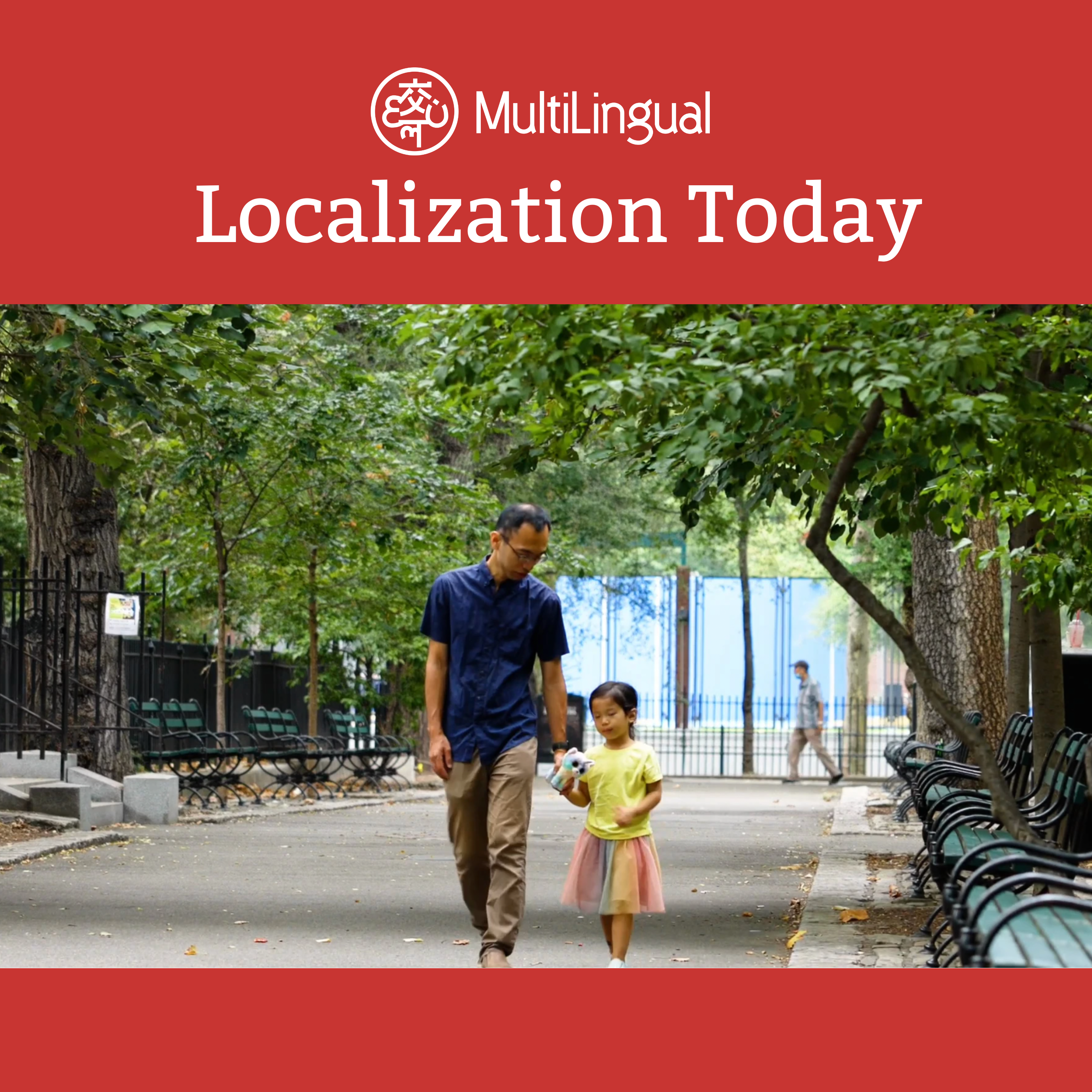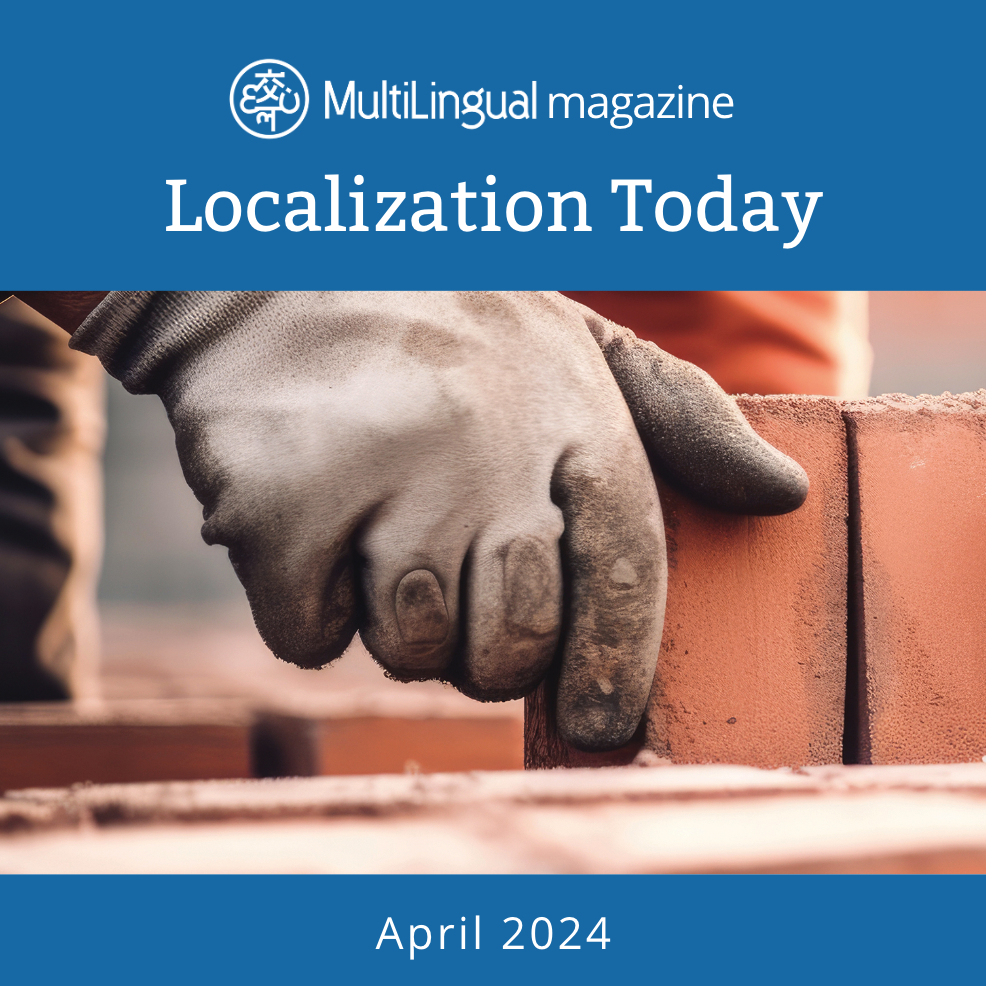Episode Transcript
[00:00:00] Canada's Language How Regulation Drives Demand for Language Services by Dominique Bobot In Canada, particularly in Quebec, language and culture share a heritage derived from a historical legacy that values and politicizes language.
[00:00:19] In fact, the country's bilingualism was crystallized as early as 1867 in its foundational Constitution Act.
[00:00:27] Fast forward to 1969 and the official Languages act established the obligation for federal government services and communications to be offered in both English and French.
[00:00:38] The idea was to remedy any declining minority language status by guaranteeing language rights, especially in French, thereby increasing equality for all citizens, whatever their ethnic origin, linguistic preference, or primary language.
[00:00:54] The act also established the position of Commissioner of Official Languages, who is tasked with ensuring the recognition of official language rights and obligations.
[00:01:03] Next, Quebec's 1977 charter of the French Language Bill 101 declared French as the official language of Quebec and the common language of the Quebec nation.
[00:01:14] The Minister d' Immigration et Deal Integration plays a role in the Francisation of immigrants via Francisation Programs Finally, Bill 14, previously known as Bill 96, amended the charter of the French Language, the Charter of Human Rights and Freedoms, and other legislative provisions enacted in 2022. It proposed new fundamental language rights, including the right to French language learning services and various measures to reinforce French as the language of legislation and justice.
[00:01:47] The bill consolidates provisions on the use of French as a language of commerce and business, particularly for signage and the drafting of certain documents.
[00:01:56] It extends the scope of previous legislation, particularly for businesses.
[00:02:02] The act also clarified and modified the powers of the Office Quebecois Dlang Francaise with regard to complaints, denunciations, inspections, and investigations.
[00:02:12] As of June 1, 2025, the OQLF issues Francisation certificates to entities of more than 25 people.
[00:02:21] Where no certificate is issued, the OQLF must approve a francization program for the entity.
[00:02:27] Compliance and demand.
[00:02:30] The OQLF has the legal right to investigate any matter of non compliance and to impose penal offense fines on businesses.
[00:02:38] It may conduct inspections on its own or, if a complaint is filed, of corporate software and hardware systems, including Data Access.
[00:02:47] The OQLF has the authority to issue orders sanctioning breaches by any individual or entity, government body, company, or citizen.
[00:02:56] Because some legal provisions went into effect on June 1, 2025, Canadian businesses selling in Quebec have been actively preparing for implementation. Feeding a flow of translation volume. Additionally, any business outside Canada that is willing to sell its products or services in Quebec might must comply with the legislation, creating additional translation, consulting and localization needs.
[00:03:21] Budgets for translation requirements have soared, but service providers must still audit their content and Assess volumes while setting priorities, namely on product packaging, contracts and signage.
[00:03:34] Build translation strategies to address market predominant language n Address trademark issues, including non French trademarks that may qualify for exceptions.
[00:03:47] Translation work Sites for compliance Allow Canadian and foreign companies to benefit from cutting edge linguistic compliance consulting services while organizing their content and continuing to serve their target audience, which remains their primary and ultimate goal.
[00:04:02] Public Opinion if the application of legislative provisions has for some sparked enthusiasm due to the protection and enhancement of French and increased demand for more robust translation services for others, it has led to frustration in the education system. French proficiency tests are sometimes seen as a burden, and some complain that all Quebec students must attend French language schools unless they hold a certificate of eligibility in Quebec healthcare institutions.
[00:04:34] Even though guidelines specify that patients can request service in a language other than French, many fear this step adds layers of bureaucracy and results in delays for patients in accessing medical assistance.
[00:04:46] Other examples of burdens in Quebec Membership contracts must be drawn up in French, then translated as the parties see fit. All sales documentation must be drafted in French, and French must be clearly predominant both in the digital and paper space and in terms of visibility.
[00:05:06] In addition to commercial documentation, labor relations and documentation, client service, websites, media posts, advertising company and brand names with some adaptation, hardware and software, and much more are governed by the French language.
[00:05:22] Despite these concerns, a 2021 survey by the Office of the Commissioner of Official Languages found that most Canadians express support for languages.
[00:05:32] A majority agree that both English and French should continue to be taught in elementary schools and that the government should make second language learning more accessible.
[00:05:42] These favorable opinions have remained consistent since 2016, when the previous survey was conducted, and are likely to persist for the foreseeable future.
[00:05:51] This article was written by Dominique Bobot, a language consultant and translation strategist at Nimdzi Insights, a market research and consulting company that specializes in language and localization.
[00:06:04] She is recognized for her expertise in the Canadian and Quebec markets.
[00:06:09] Originally published in Multilingual Magazine, Issue 241, June 2025.


